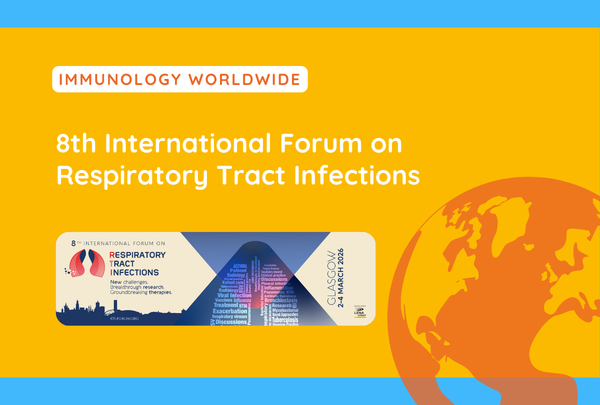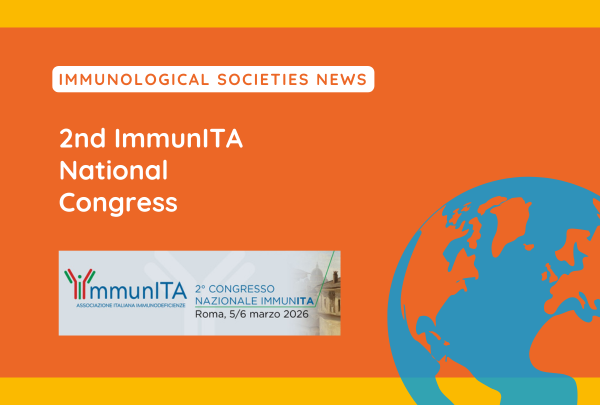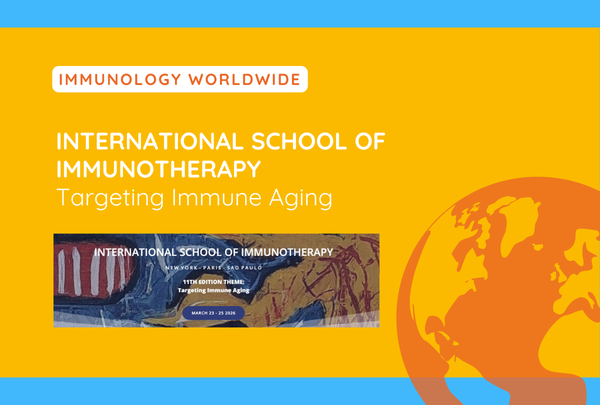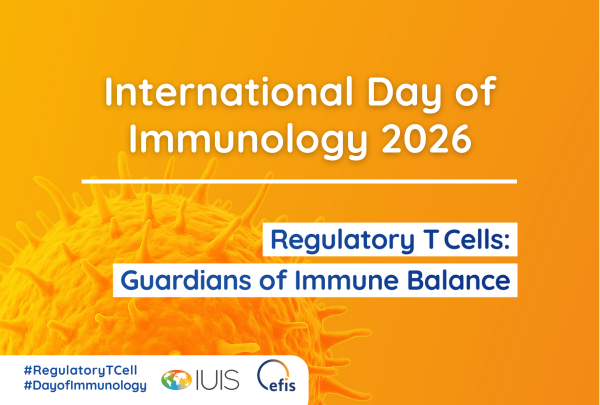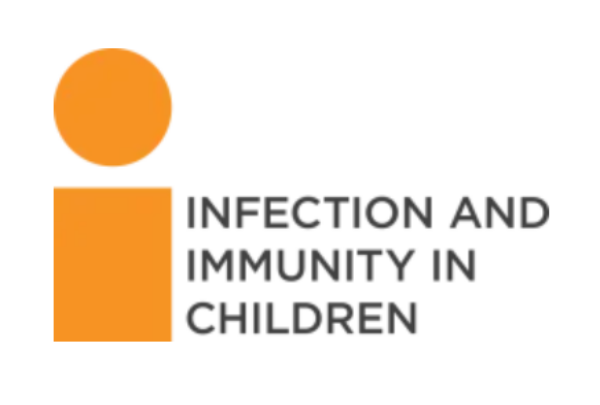
The participants will learn what immune factors contribute to control of M. tuberculosis at the individual granuloma level from studies in nonhuman primates. In addition, two scenarios that result in sterilizing immunity against tuberculosis will be presented.
PRESENTER
JoAnne Flynn has a Bachelor of Science degree in Biochemistry, from the University of California at Davis and a PhD from University of California at Berkeley in Microbiology and Immunology. Dr. Flynn’s first post-doc was with Dr. Magdalene So at the Scripps Clinic Research Institute and then joined the lab of Dr. Barry Bloom at Albert Einstein College of Medicine, as a Howard Hughes Research Associate, where she began her studies in tuberculosis. In 2018 she won the University of Pittsburgh School of Medicine Distinguished Mentor Award. In 2019 Dr. Flynn has been awarded the title of Distinguished Professor. Dr. Flynn directs a NIH T32 Training Program and has grants from NIH and the Bill and Melinda Gates Foundation. Her research in tuberculosis is focused on immunology, host-pathogen interactions, vaccines, and drugs, and she has developed and used non-human primate models for tuberculosis research over the past 20 years. She has multiple collaborations nationally and internationally. Dr. Flynn’s research uses cutting-edge tools and technologies to investigate the complexities of Mycobacterium tuberculosis infection, with a particular focus on lung and lymph node granulomas.
MODERATOR
 Henry Mwandumba is Professor of Immunology and Infectious Diseases at the University of Malawi College of Medicine and Deputy Director of the Malawi Liverpool Wellcome Trust Clinical Research Programme (MLW) in Blantyre, Malawi. His research focuses on understanding the effects of HIV-1 infection on lung immunity and predisposition to respiratory infections, particularly tuberculosis. He is President of the Federation of African Immunological Societies (FAIS) and was awarded the 2019 Royal Society Africa Prize.
Henry Mwandumba is Professor of Immunology and Infectious Diseases at the University of Malawi College of Medicine and Deputy Director of the Malawi Liverpool Wellcome Trust Clinical Research Programme (MLW) in Blantyre, Malawi. His research focuses on understanding the effects of HIV-1 infection on lung immunity and predisposition to respiratory infections, particularly tuberculosis. He is President of the Federation of African Immunological Societies (FAIS) and was awarded the 2019 Royal Society Africa Prize.
